
Case Studies

According to the March of Dimes, prior to the 2021 legislative session, Arizona's newborn screening program was the worst system in the country. The state tested for just 31 of the 35 core conditions and none of the 26 secondary conditions contained in the U.S. Department of Health and Human Services' Recommended Uniform Screening Panel (RUSP).
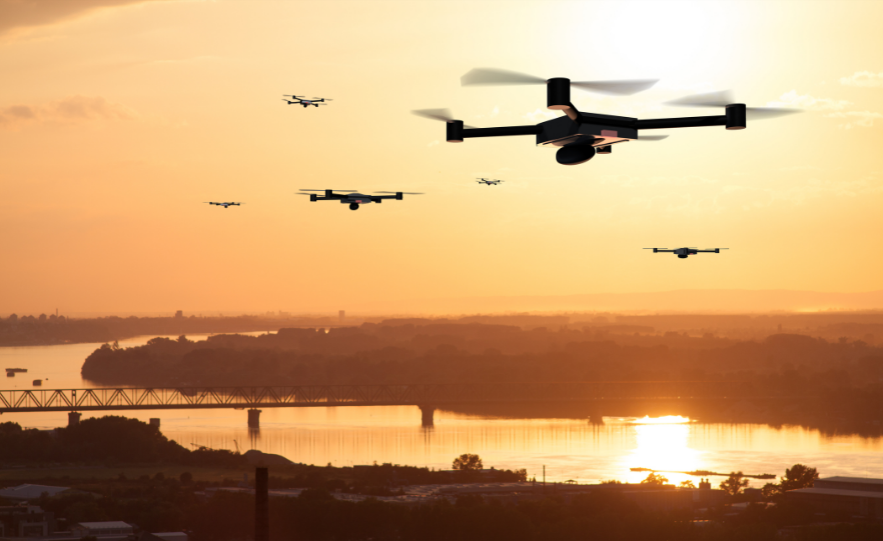
With the enactment of HB 2485 during the 2021 legislative session, Arizona became the first state in the country to adopt legislation relating to the operation and regulation of urban air mobility (UAM) technology.

Maricopa County is home to nearly 7,500 people experiencing homelessness, and more than half of these individuals lack adequate shelter. As the region continues to be among the fastest growing in the United States, these numbers are expected to continue growing steadily as well.
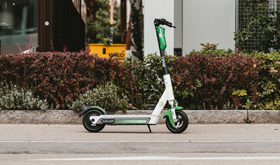
In recent years there has been a growing phenomenon in urban cities to use shared, dock-less, micro-mobility transportation vehicles such as electric scooters, often referred to as e-scooters, as a way to lessen traffic congestion and provide convenient, short trip options to urban dwellers and commuters.
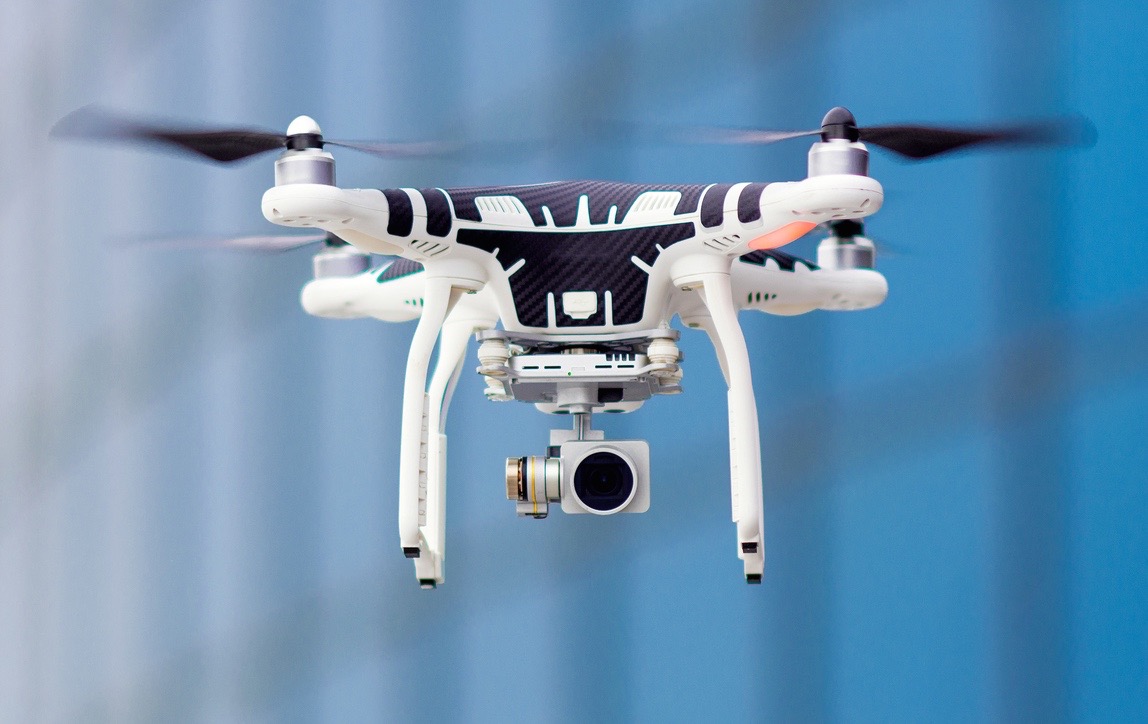
Retained by the Consumer Technology Association a few weeks prior to the beginning of the 2016 legislative session, the firm was required to simultaneously develop an in depth knowledge of the public policy issues relating to unmanned aerial vehicles (UAV) and begin to organize a stakeholder process to address the anticipated diverse concerns of public and private sector interests.

The firm was retained by an international aerospace manufacturing firm to assist on a land use case associated with one of their facilities that produced ejection seats for military aircraft, along with other aerospace products.

In 2007, the Urban Land Institute (ULI) retained Goodman Schwartz Public Affairs to serve as the project manager to organize and coordinate a regional visioning exercise for central Arizona. The regional visioning exercise, which became known as AZ One, a Reality Check for Central Arizona, occurred on May 16, 2008.
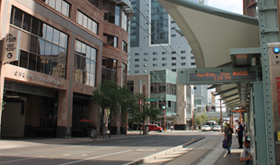
Over a four-year period, the firm was involved in a series of multiple disciplinary teams of consultants to conduct a series of four regional commuter rail studies in several urban and rural regions throughout Arizona.

During the 2014 legislative session the firm successfully advocated for the passage and enactment of a $25 million tax credit to be provided to manufacturers that make a minimum $300 million commitment in new capital investment for renewable energy facilities that are specifically developed and operated for the manufacturers' own use.
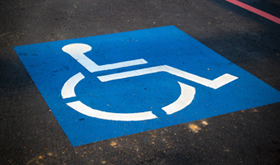
Since 2013, the firm has represented the Arizona Association of Providers for People with Disabilities (AAPPD), a not-for-profit entity, which is comprised of member organizations that are responsible for providing services to approximately 15,000 individuals with intellectual or development disabilities.

Until the 2019 legislative session, Arizona was one of only three states that had not enacted a state law prohibiting the use of a mobile communications device while operating a motor vehicle.

Building momentum over a four-year period, in 2013 the firm, on behalf of AAA Arizona, successfully enacted legislation requiring children over the age of five to use booster seats until they reached the proper height or became eight years-old.